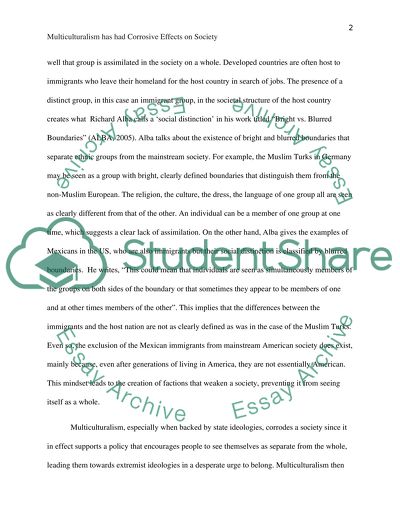Cite this document
(“Multiculturalism Has Corrosive Effects on Society Assignment”, n.d.)
Retrieved from https://studentshare.org/history/1474416-multiculturalism-has-corrosive-effects-on-society
Retrieved from https://studentshare.org/history/1474416-multiculturalism-has-corrosive-effects-on-society
(Multiculturalism Has Corrosive Effects on Society Assignment)
https://studentshare.org/history/1474416-multiculturalism-has-corrosive-effects-on-society.
https://studentshare.org/history/1474416-multiculturalism-has-corrosive-effects-on-society.
“Multiculturalism Has Corrosive Effects on Society Assignment”, n.d. https://studentshare.org/history/1474416-multiculturalism-has-corrosive-effects-on-society.


